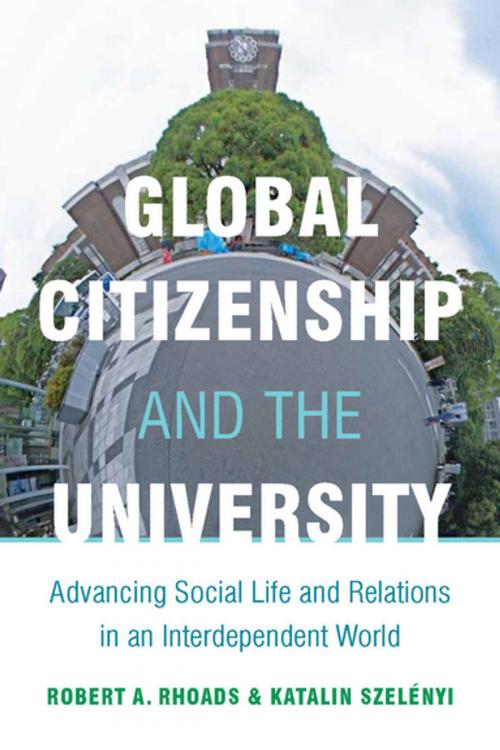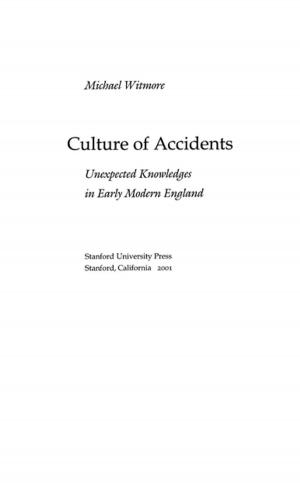Global Citizenship and the University
Advancing Social Life and Relations in an Interdependent World
Nonfiction, Reference & Language, Education & Teaching, Higher Education| Author: | Robert Rhoads, Katalin Szelényi | ISBN: | 9780804777803 |
| Publisher: | Stanford University Press | Publication: | May 4, 2011 |
| Imprint: | Stanford University Press | Language: | English |
| Author: | Robert Rhoads, Katalin Szelényi |
| ISBN: | 9780804777803 |
| Publisher: | Stanford University Press |
| Publication: | May 4, 2011 |
| Imprint: | Stanford University Press |
| Language: | English |
With the increasing integration of global economies and societies, the nation-state is no longer the sole force shaping and defining citizenship. New ideas of "global citizenship" are emerging, and universities, which are increasingly involved in international engagements, provide a unique opportunity to explore how fundamental understandings of modern citizenship are changing. Drawing on case studies of universities in China, the United States, Hungary, and Argentina, Global Citizenship and the University moves beyond a narrow political definition of citizenship to address the cultural and economic complexities of contemporary social life. Rhoads and Szelényi show how universities should be mindful of the possibilities for faculty and student involvement in the production, management, and application of knowledge, and how this in turn allows for an engagement as citizens that reflects serious considerations of the global context. Ultimately, the authors challenge universities and readers alike to consider the many transnational opportunities that are redefining citizenship today.
With the increasing integration of global economies and societies, the nation-state is no longer the sole force shaping and defining citizenship. New ideas of "global citizenship" are emerging, and universities, which are increasingly involved in international engagements, provide a unique opportunity to explore how fundamental understandings of modern citizenship are changing. Drawing on case studies of universities in China, the United States, Hungary, and Argentina, Global Citizenship and the University moves beyond a narrow political definition of citizenship to address the cultural and economic complexities of contemporary social life. Rhoads and Szelényi show how universities should be mindful of the possibilities for faculty and student involvement in the production, management, and application of knowledge, and how this in turn allows for an engagement as citizens that reflects serious considerations of the global context. Ultimately, the authors challenge universities and readers alike to consider the many transnational opportunities that are redefining citizenship today.















